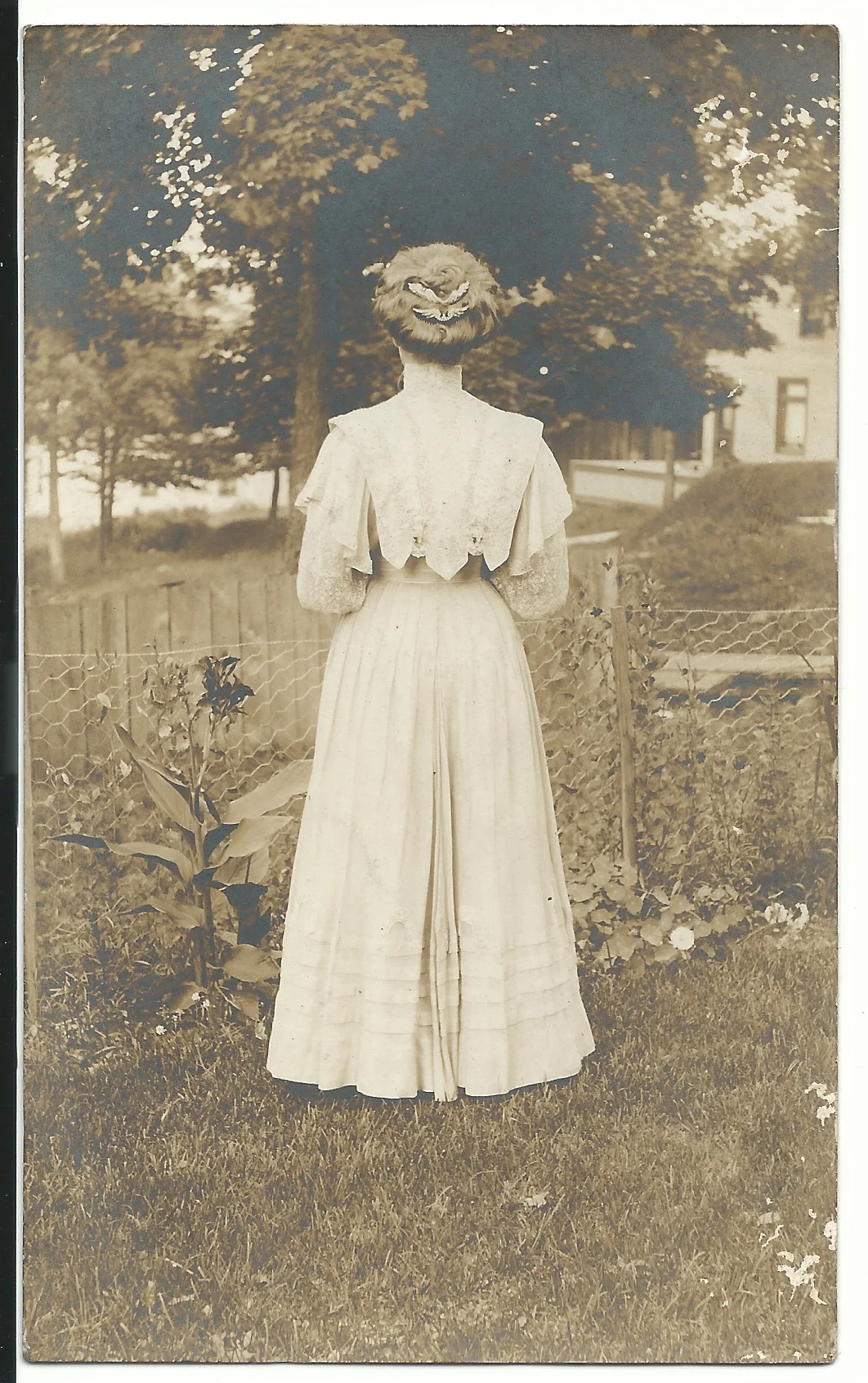The design temperature for this part of world (the coldest temperature that a heating system should be designed for when the system is running continuously to maintain a 70 ºF indoor temperature) is 16 ºF. Right now at noon, it’s 20 ºF outside. It was 18 ºF this morning without the wind chill (which meant it felt like 10 ºF outside). It should exceed 16 ºF 99% of the time in a normal weather year. So the heating system should be designed to accomplish that. If it’s not running its little heart out at 16 ºF, then either the system is oversized or the setting on the thermostat is set to less than 70 ºF. If the system is oversized it might be able to keep the house at 70 ºF on those very, very rare days when the temperature drops below the design temperature, but much of the time the system will be cycling and running less efficiently. (So maybe I’ll go turn the thermostat up just a bit.)
Maybe you don’t want to know all this, and maybe you don’t want to know that the reason this old house is really dry in cold weather is that there are all sorts of drafts and breezes blowing in through all the cracks and holes in the shell. And you might not realize that as that cold outside air warms, its relative humidity goes down!
What I’m really interested in is the roll that the temperature inside a house plays in a crime story or a mystery. When I see the covers of romance novels with pictures of bare chested men and almost naked women and the stories are set in castles or mansions, they better be in warm climates or hot weather. They wouldn’t be standing around like that in stone castle or a Addams Family mansion in the winter. Their hands would be trembling from the cold!
I cannot think of any novel I have ever read in which the temperature inside the building played a significant role in the story. Perhaps I am forgetting. I would welcome input on this. Authors paint word pictures of skies and forests, kitchens and living room, laboratories and gymnasiums, but I don’t remember any descriptions of thermally uncomfortable spaces in a house. Dante talked about the “hottest places in hell” ‘are reserved for those who in time of moral crisis preserve their neutrality’ as JFK used to cite. Dante didn’t actually write that. There are a bunch of warm and cozy places in the Harry Potter stories like the Three Broomsticks, the Gryffindor common room, and the Great Hall. Laura Ingalls Wilder’s Little House in the Big Woods was cozy, and the Fraser cabin in the Outlander series has plenty of warmth and coziness.
There are books set in cold places like the Arctic and Greenland and Iceland. The Bear and the Nightingale by Katherine Arden is the first in a trilogy called Winternight which includes a demon called Frost who claims unprotected souls I the night. And then there is classic winter tale from Stephen King – The Shining. I think I’m going to leave this there.














